Home>Storage & Organization>Decluttering Tips & Tricks>Why Declutter?


Decluttering Tips & Tricks
Why Declutter?
Published: December 25, 2023
Discover the benefits of decluttering and get expert tips and tricks to simplify your life. Learn how decluttering can bring peace and organization to your home.
(Many of the links in this article redirect to a specific reviewed product. Your purchase of these products through affiliate links helps to generate commission for Storables.com, at no extra cost. Learn more)
**
Introduction
**
Decluttering is more than just tidying up; it's a transformative process that can positively impact every aspect of your life. In a world filled with constant distractions and an abundance of possessions, taking the time to declutter can bring about a sense of clarity, purpose, and tranquility. Whether you're seeking a more organized living space, a clearer mind, or a boost in productivity, decluttering offers a myriad of benefits that extend far beyond simply creating a neat environment.
In this article, we'll explore the multifaceted advantages of decluttering, from its profound psychological effects to its tangible impact on physical health and overall well-being. Additionally, we'll delve into practical tips for initiating the decluttering process and maintaining a clutter-free space in the long run. By the end, you'll be equipped with the knowledge and motivation to embark on your own decluttering journey, reaping the rewards of a simplified and harmonious lifestyle.
Key Takeaways:
- Decluttering offers mental clarity, reduced stress, and enhanced focus, leading to a more peaceful and organized living space. It promotes a positive mindset and emotional well-being.
- A clutter-free environment supports physical health, better sleep, and improved air quality. It encourages physical activity, safety, and healthy lifestyle choices.
Read more: Why Is It Hard To Declutter
Benefits of Decluttering
Embracing a decluttered lifestyle yields a multitude of benefits that extend beyond a clean and organized space. Let’s explore the transformative advantages of decluttering:
1. Psychological Impact of Clutter
Clutter can create a sense of mental chaos, leading to increased stress and anxiety. By decluttering, you can experience a profound sense of mental clarity and calm. A tidy environment promotes a positive mindset, reduces feelings of overwhelm, and fosters a greater sense of control over your surroundings.
2. Physical Health Benefits
Living in a clutter-free space can have tangible effects on your physical well-being. A clean and organized environment minimizes the presence of dust and allergens, contributing to improved air quality and reducing the risk of respiratory issues. Additionally, decluttering encourages physical activity, as you navigate and clean your space, promoting a healthier and more active lifestyle.
3. Productivity and Focus
Clutter can be a significant distraction, hindering your ability to focus and concentrate. By decluttering your surroundings, you create an environment that fosters productivity and enhances your ability to stay focused on tasks at hand. A clear and organized space allows for better decision-making and promotes a sense of purpose and efficiency.
4. Emotional Well-being
Letting go of unnecessary possessions through decluttering can be a liberating and emotionally uplifting experience. It allows you to release attachments to material items, leading to a greater sense of freedom and reduced emotional burden. A clutter-free environment can promote a more positive and peaceful state of mind, contributing to overall emotional well-being.
5. Enhanced Creativity
A cluttered space can stifle creativity and inspiration. By decluttering, you create room for new ideas and experiences, fostering a more creative and innovative mindset. A clear and organized environment can serve as a blank canvas for cultivating fresh perspectives and unlocking your creative potential.
These benefits underscore the transformative power of decluttering, offering a holistic approach to improving various facets of your life. By embracing the practice of decluttering, you can create a harmonious and enriching living environment that nurtures your well-being on multiple levels.
Psychological Impact of Clutter
The presence of clutter in our living spaces can have a profound impact on our mental well-being. Understanding the psychological effects of clutter is crucial in recognizing the importance of maintaining an organized and tidy environment.
1. Increased Stress and Anxiety
Clutter has been linked to elevated stress levels and increased feelings of anxiety. Living in a disorganized space can create a sense of mental chaos, leading to heightened levels of psychological distress. The visual and mental clutter can overwhelm the mind, making it challenging to relax and unwind in your own home.
2. Lack of Focus and Clarity
A cluttered environment can hinder cognitive function, making it difficult to concentrate and maintain mental clarity. The presence of excessive stimuli in the form of clutter can impede your ability to focus on tasks, leading to reduced productivity and a sense of mental fog. Clearing the clutter can create a more conducive space for focused work and thoughtful reflection.
3. Sense of Overwhelm
Living in a cluttered space can evoke feelings of overwhelm and helplessness. The constant visual reminder of unfinished tasks and disorganization can contribute to a sense of being burdened by one’s surroundings. Decluttering can alleviate this burden, providing a sense of relief and empowerment as you take control of your living environment.
4. Emotional Weight of Clutter
Clutter is not just physical; it also carries emotional weight. Holding onto unnecessary possessions can symbolize unresolved emotions and attachments, leading to a sense of emotional stagnation. By decluttering and letting go of items that no longer serve a purpose, you can experience a release of emotional baggage and create space for emotional growth and renewal.
5. Restored Sense of Control
Decluttering empowers individuals to regain a sense of control over their living spaces and, by extension, their lives. Taking charge of clutter and organizing one’s environment can instill a sense of accomplishment and mastery, contributing to an overall sense of well-being and self-assurance.
Recognizing the psychological impact of clutter underscores the importance of creating and maintaining an organized living space. By acknowledging the effects of clutter on mental health, individuals can take proactive steps to declutter their surroundings and cultivate a harmonious and tranquil environment that promotes psychological well-being.
Physical Health Benefits
Beyond the visual and mental impact, decluttering can significantly contribute to improved physical health. The state of our living environment directly influences our well-being, and a clutter-free space can offer tangible health advantages.
1. Improved Air Quality
Clutter often accumulates dust, dander, and other allergens, compromising the air quality within your living space. By decluttering and maintaining a tidy environment, you can minimize the presence of these irritants, leading to improved respiratory health and a reduced risk of allergic reactions and respiratory issues.
2. Encourages Physical Activity
The process of decluttering itself can be a form of physical activity. Engaging in cleaning, organizing, and rearranging your living space promotes movement and can contribute to a more active lifestyle. Additionally, a clutter-free environment provides ample space for physical activities such as yoga, exercise, or simply moving freely without obstacles, supporting overall physical well-being.
3. Reduces Safety Hazards
Cluttered spaces can pose safety risks, increasing the likelihood of trips, falls, and other accidents. By decluttering, you create a safer living environment, minimizing the potential for injuries and creating a space that promotes physical well-being and security.
4. Promotes Better Sleep
A clutter-free bedroom can contribute to better sleep quality. A tidy and organized sleeping environment can promote relaxation and a sense of calm, fostering an optimal setting for restful sleep. By decluttering your bedroom, you create a tranquil space that supports a healthy sleep routine and overall well-being.
5. Encourages Healthy Eating Habits
A clutter-free kitchen can inspire healthier eating habits. An organized and tidy kitchen space makes meal preparation more efficient and enjoyable, encouraging the consumption of nutritious foods. By decluttering and creating an inviting kitchen environment, you can promote a healthier approach to nourishment and culinary creativity.
Recognizing the physical health benefits of decluttering underscores its role in creating a living environment that supports overall well-being. By prioritizing a clutter-free space, individuals can experience improved physical health, enhanced safety, and a greater sense of vitality in their daily lives.
Decluttering can help reduce stress, improve focus, and create a more organized and efficient living space. Start small by tackling one area at a time to avoid feeling overwhelmed.
Productivity and Focus
Clutter has a significant impact on our ability to stay focused and productive. By decluttering our living and workspaces, we can create an environment that fosters efficiency, creativity, and sustained focus.
1. Minimized Distractions
A cluttered environment can be rife with distractions, making it challenging to concentrate on tasks at hand. By decluttering, you create a visually streamlined space that minimizes distractions, allowing for improved concentration and sustained focus on important activities.
2. Enhanced Decision-Making
Clutter can overwhelm the mind and impede decision-making processes. A clutter-free environment promotes clearer thinking and more decisive actions. By decluttering, you create a space that encourages efficient decision-making and fosters a proactive approach to daily tasks and responsibilities.
3. Increased Efficiency
A tidy and organized space promotes efficiency in daily activities. With everything in its designated place, tasks can be completed more swiftly and effectively. Decluttering streamlines your living environment, allowing for a more efficient use of time and resources.
4. Fosters Creativity
A clutter-free space can inspire creativity and innovation. By removing visual and mental clutter, you create room for new ideas and fresh perspectives. Decluttering provides a blank canvas for creative thinking, fostering an environment where inspiration can thrive.
5. Supports Goal Achievement
Clutter can be a barrier to achieving goals and aspirations. By decluttering, you create a space that supports goal-oriented behavior and progress. A clear and organized environment can serve as a catalyst for pursuing and achieving personal and professional objectives.
Recognizing the impact of decluttering on productivity and focus highlights its role in creating an environment that nurtures efficiency, creativity, and goal attainment. By embracing decluttering as a tool for enhancing productivity, individuals can cultivate a space that supports their aspirations and endeavors.
Read more: How To Declutter My Room
How to Start Decluttering
Embarking on the decluttering journey can seem daunting, but with a strategic approach, it can be a transformative and rewarding experience. Here are actionable steps to initiate the decluttering process and set the stage for a more organized and harmonious living space:
1. Set Clear Goals
Define the specific areas or categories you want to declutter, whether it’s a room, closet, or storage space. Establishing clear goals will provide a roadmap for your decluttering efforts and help you stay focused throughout the process.
2. Start Small
Begin with a manageable area to avoid feeling overwhelmed. Tackling a small space first can build momentum and provide a sense of accomplishment, motivating you to continue decluttering other areas of your home.
3. Sort and Organize
Sort items into categories such as keep, donate, or discard. This process allows you to assess the necessity and value of each item and makes it easier to organize and store the items you choose to keep.
4. Declutter in Stages
Break down the decluttering process into stages or sessions to avoid burnout. Designate specific time slots for decluttering, whether it’s 15 minutes a day or a few hours each weekend, and stick to your schedule to maintain consistent progress.
5. Embrace the “One In, One Out” Rule
Adopt the practice of removing an item for donation or disposal every time a new item enters your home. This rule helps prevent the accumulation of unnecessary possessions and encourages mindful consumption.
6. Utilize Storage Solutions
Invest in storage solutions such as bins, baskets, and shelving to keep your space organized and clutter-free. Utilizing these tools can help maintain the orderliness of your living environment and prevent future clutter buildup.
7. Seek Support
Enlist the support of family members or friends to declutter together. Having a decluttering buddy can provide motivation, accountability, and a fresh perspective on the items you’re sorting through.
8. Celebrate Progress
Recognize and celebrate the progress you make as you declutter. Acknowledge the positive impact it has on your living space and well-being, and use these victories as motivation to continue the decluttering journey.
By following these steps and incorporating them into your decluttering approach, you can lay the foundation for a more organized, serene, and purposeful living environment.
Tips for Maintaining a Clutter-Free Space
Once you’ve decluttered and organized your living space, maintaining a clutter-free environment is essential for sustaining the benefits of your efforts. Implementing these practical tips can help you uphold a tidy and harmonious living space in the long term:
1. Daily Maintenance
Allocate a few minutes each day to tidy up and put items back in their designated places. Consistent daily maintenance prevents clutter from accumulating and ensures that your living space remains organized.
2. Mindful Consumption
Adopt a mindful approach to consumption by carefully considering new purchases. Prioritize quality over quantity and assess whether an item truly adds value to your life before bringing it into your home. Mindful consumption prevents unnecessary clutter from entering your living space.
3. Regular Decluttering Sessions
Schedule regular decluttering sessions to assess and reorganize your belongings. Set aside time at regular intervals to review your possessions and identify items that are no longer needed or used. Consistent decluttering prevents clutter from accumulating over time.
4. Organizational Systems
Implement effective organizational systems to maintain order in your living space. Utilize storage solutions such as bins, shelves, and drawer dividers to keep items neatly arranged and easily accessible. Well-designed organizational systems contribute to a clutter-free environment.
5. Donations and Discards
Regularly donate or discard items that no longer serve a purpose in your life. By letting go of unnecessary possessions, you prevent clutter from building up and create space for the things that truly matter to you.
6. Mindful Decor Choices
Be mindful of the decor and furnishings you introduce into your living space. Opt for pieces that align with your aesthetic preferences and serve a practical purpose. Mindful decor choices contribute to a visually appealing and clutter-free environment.
7. Paper Management
Establish a system for managing paper clutter, such as bills, mail, and documents. Implement a filing system to organize important papers and promptly discard or recycle unneeded documents. Effective paper management prevents paper clutter from accumulating in your home.
8. Regular Assessments
Regularly assess your living space to identify areas that may be prone to clutter buildup. Address these areas proactively by reorganizing and decluttering as needed, preventing clutter from taking root in specific areas of your home.
By incorporating these tips into your daily routine and mindset, you can maintain a clutter-free space that promotes tranquility, productivity, and overall well-being.
Conclusion
Decluttering is a transformative journey that extends beyond creating a tidy living space; it encompasses the enhancement of mental well-being, physical health, and overall quality of life. By recognizing the multifaceted benefits of decluttering and implementing practical strategies, individuals can cultivate an environment that nurtures harmony, creativity, and productivity.
The psychological impact of clutter underscores the importance of maintaining a clear and organized living space. By alleviating stress, promoting mental clarity, and fostering a sense of control, decluttering contributes to an uplifting and tranquil living environment.
Furthermore, the physical health benefits of decluttering highlight its role in creating a space that supports respiratory health, physical activity, and overall well-being. A clutter-free environment fosters a sense of safety, promotes restful sleep, and encourages healthy lifestyle choices.
Enhancing productivity and focus is another compelling outcome of decluttering. By minimizing distractions, promoting efficient decision-making, and fostering creativity, a clutter-free space becomes a catalyst for achieving personal and professional goals.
Initiating the decluttering process and maintaining a clutter-free space require thoughtful planning, consistent effort, and a mindful approach to consumption. By setting clear goals, embracing daily maintenance, and regularly reassessing your living environment, you can sustain the benefits of decluttering for the long term.
In conclusion, decluttering is a holistic practice that empowers individuals to create a living environment that supports their physical, mental, and emotional well-being. By embracing the transformative power of decluttering, individuals can cultivate a space that inspires creativity, fosters tranquility, and promotes a sense of purpose and vitality in their daily lives.
Embarking on the decluttering journey is an investment in your well-being, and the rewards extend far beyond a neat and organized living space. It is a step toward creating a harmonious and enriching environment that nurtures your best self.
Frequently Asked Questions about Why Declutter?
Was this page helpful?
At Storables.com, we guarantee accurate and reliable information. Our content, validated by Expert Board Contributors, is crafted following stringent Editorial Policies. We're committed to providing you with well-researched, expert-backed insights for all your informational needs.
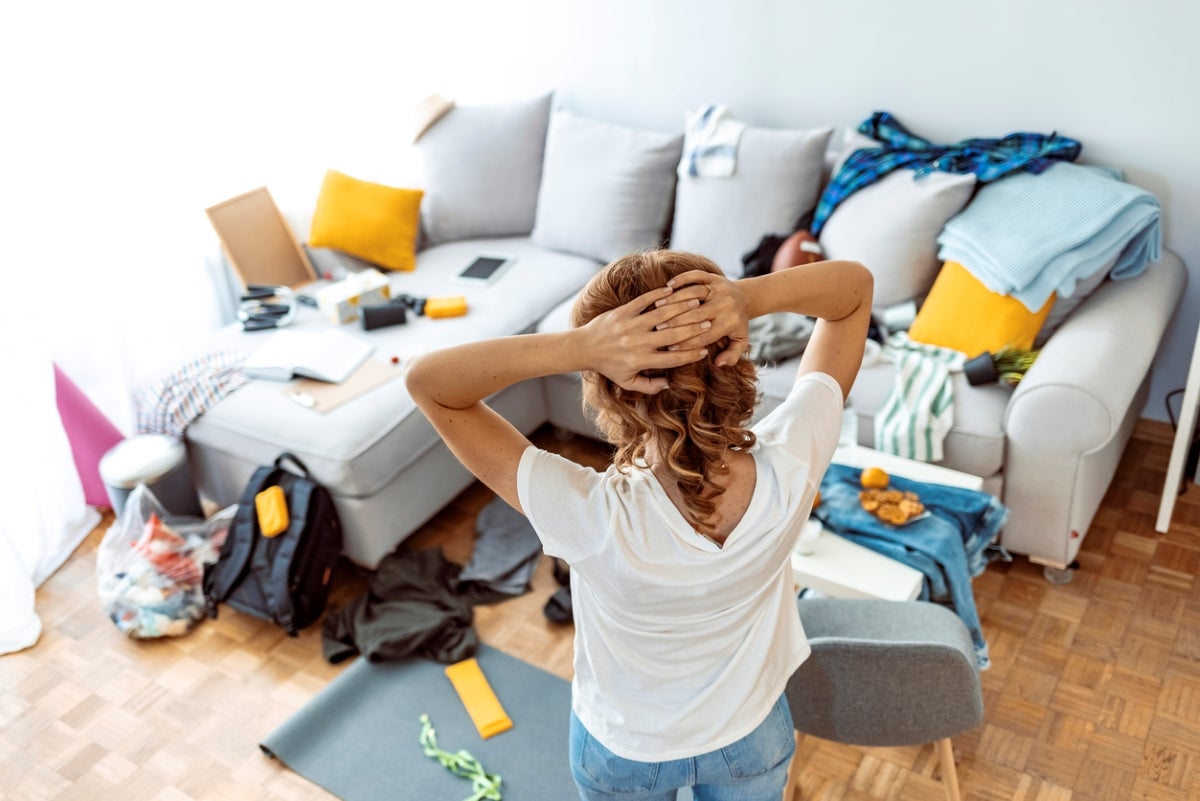
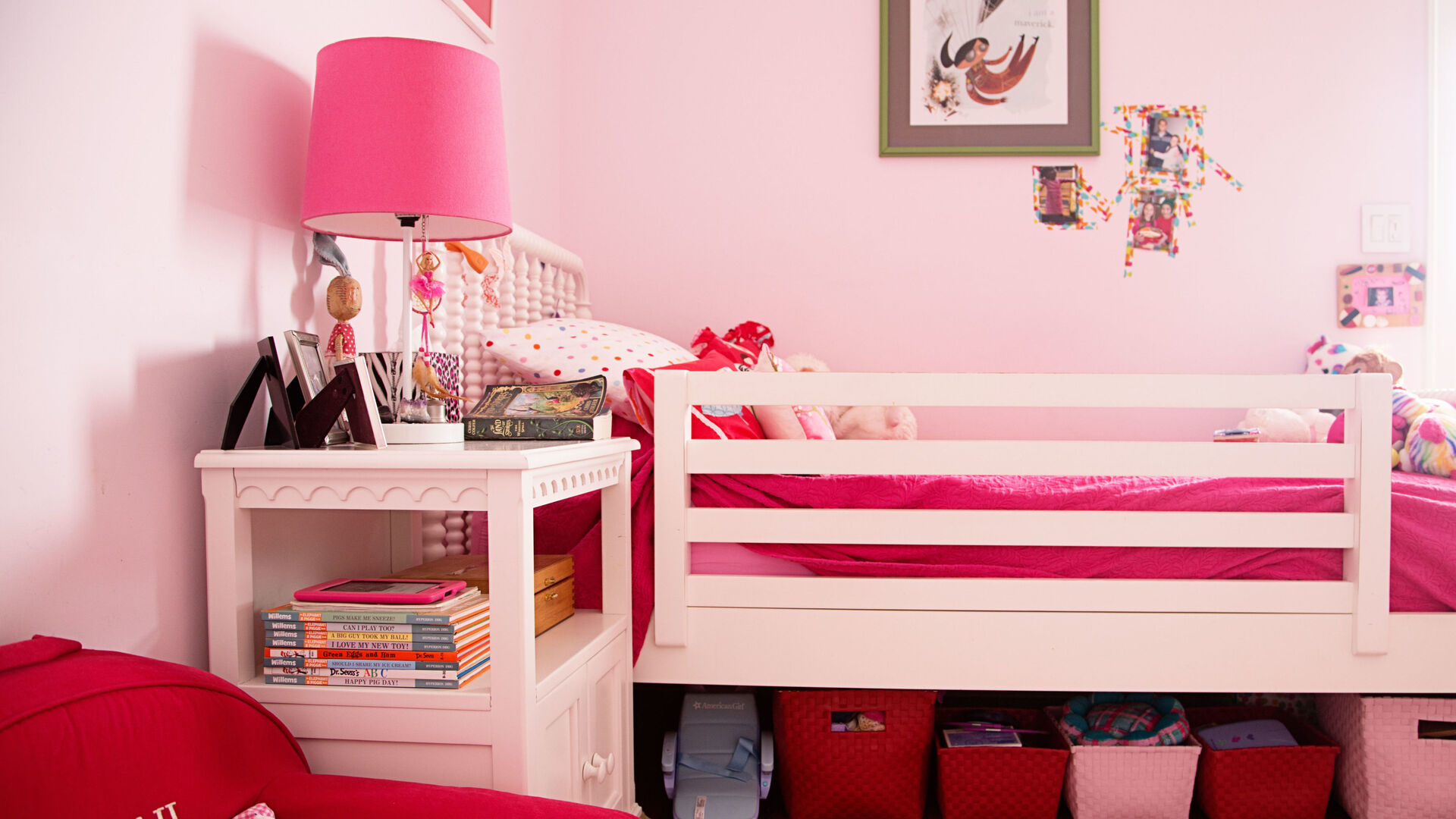
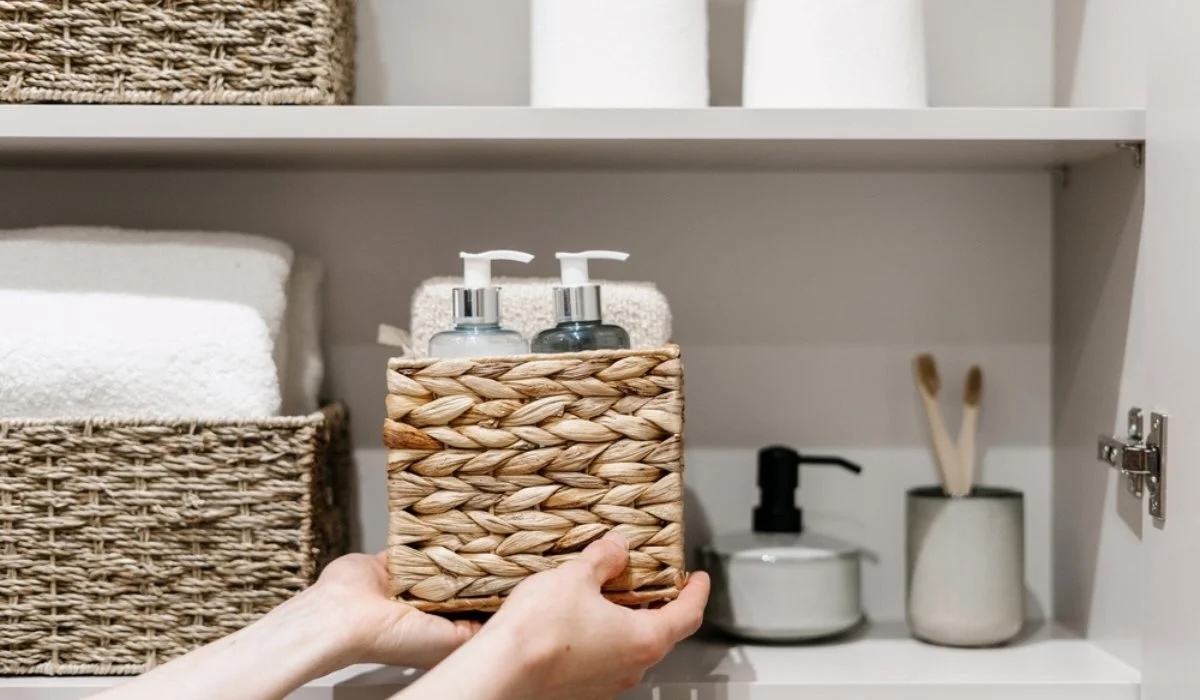


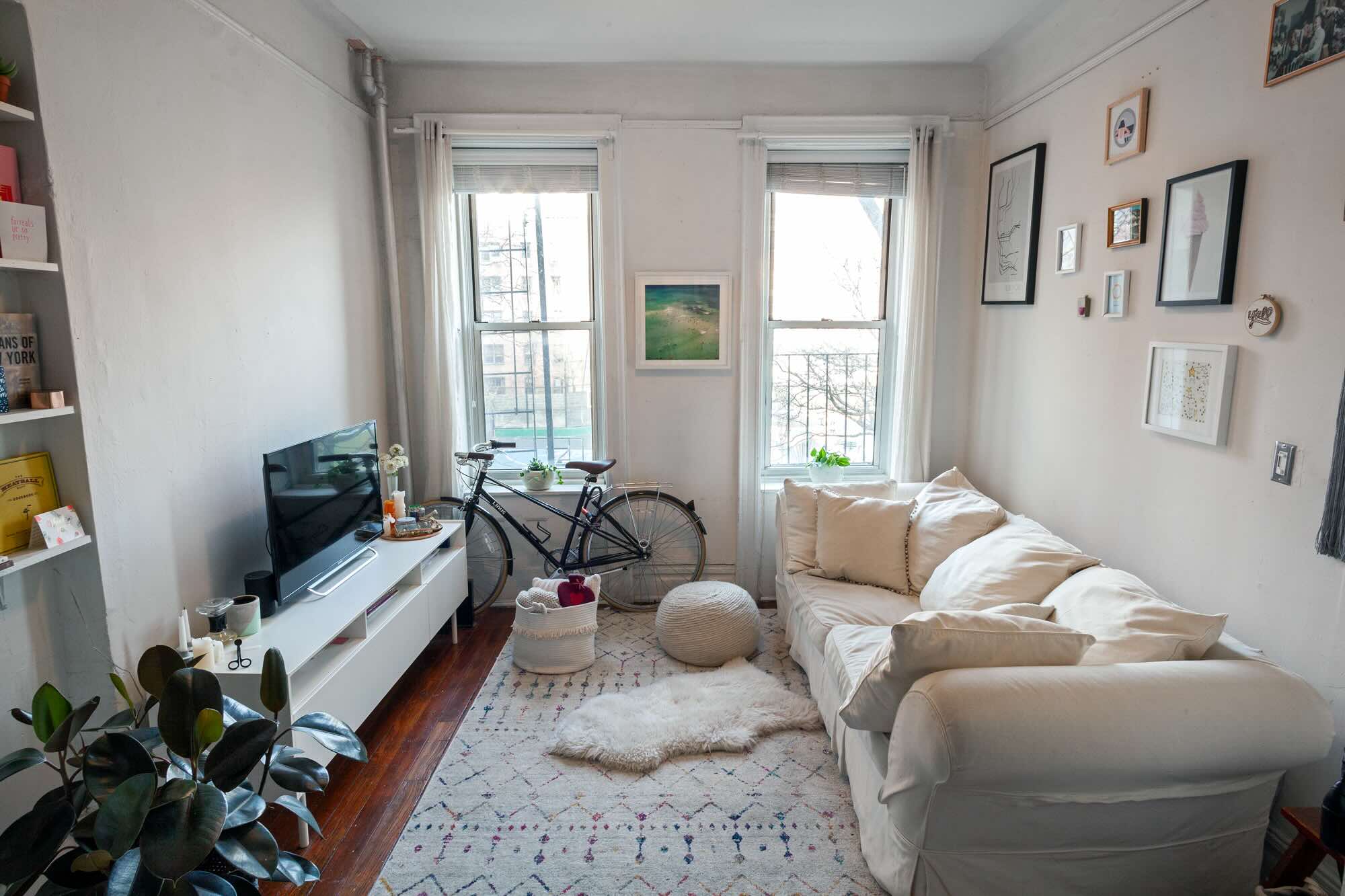
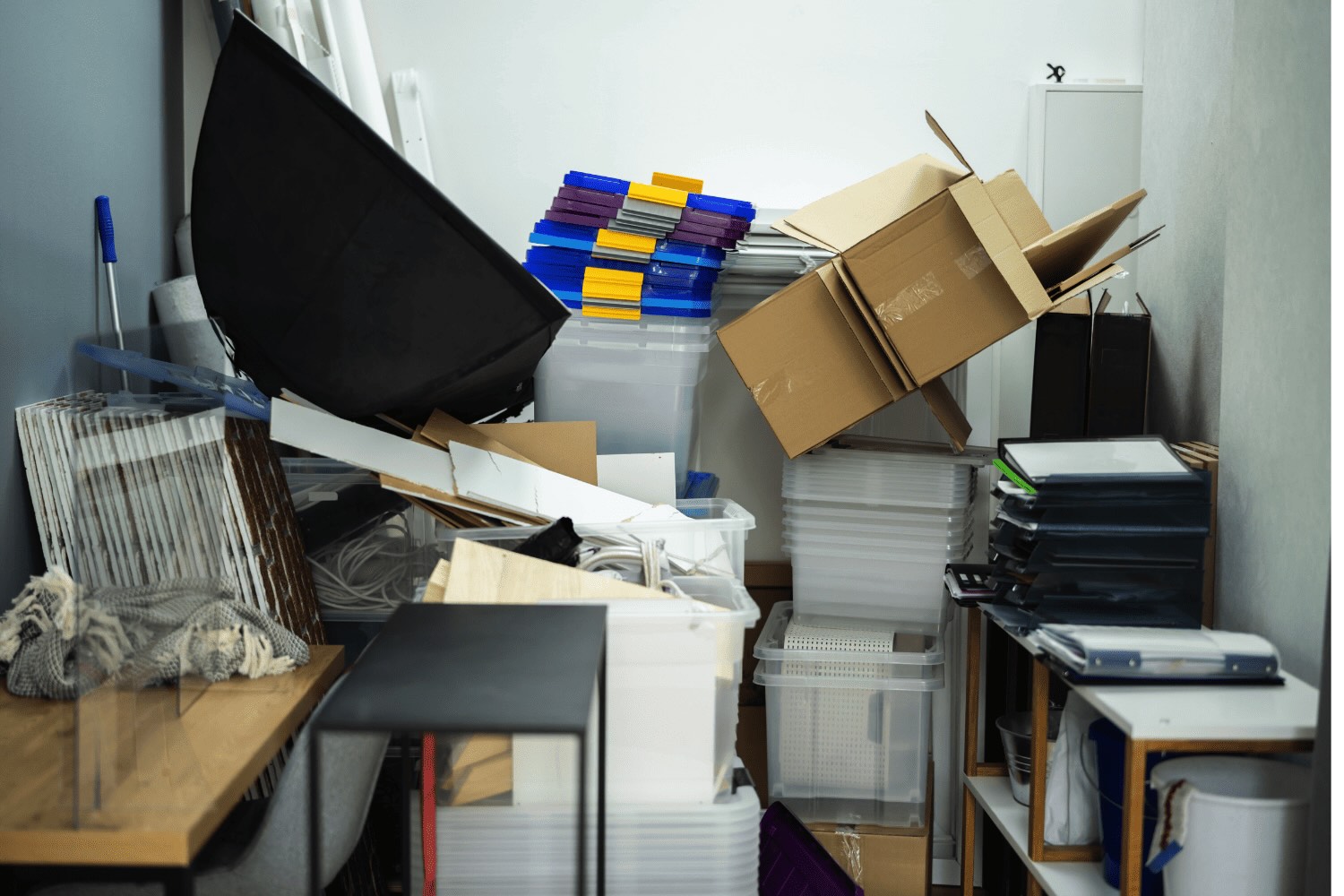
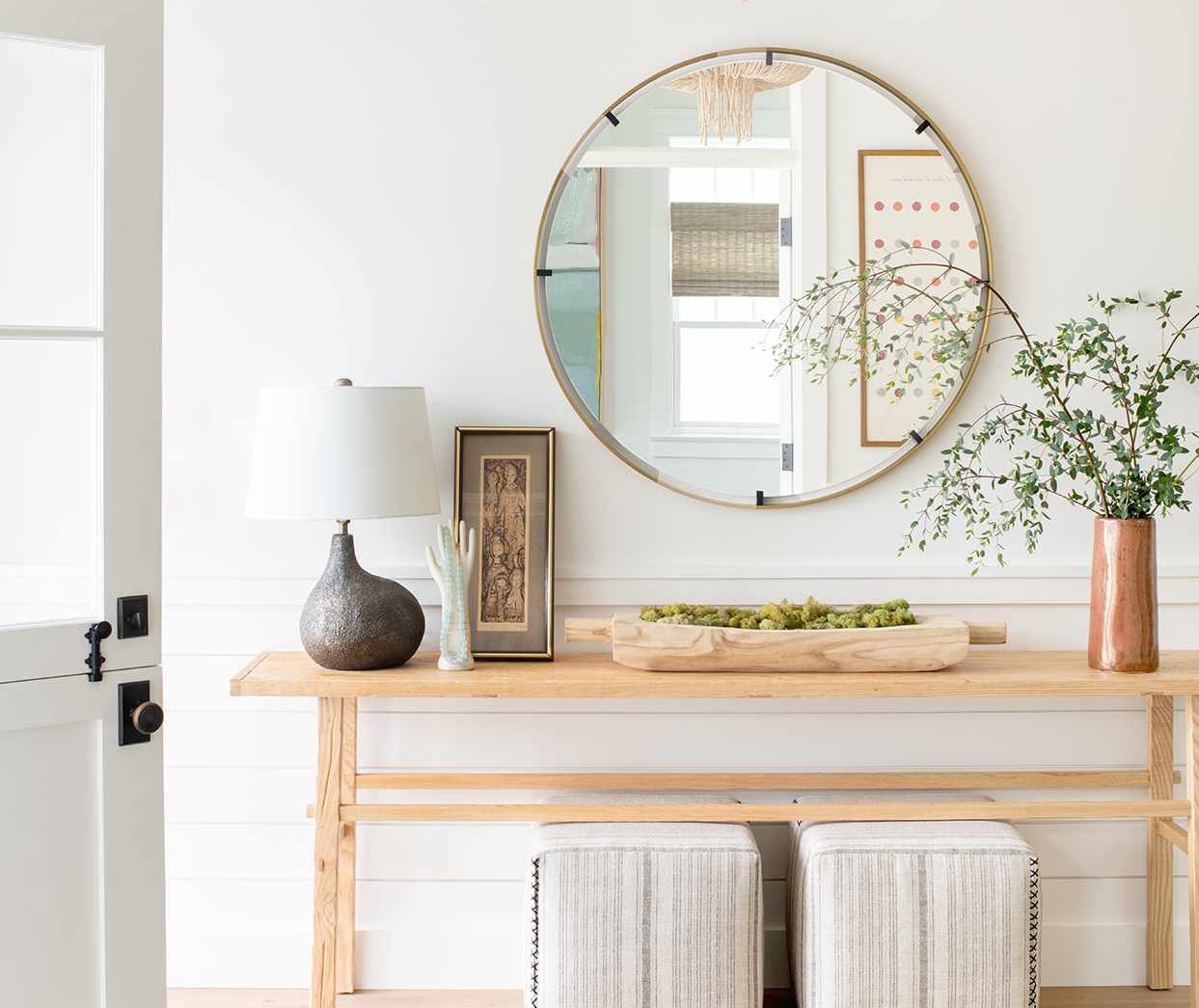
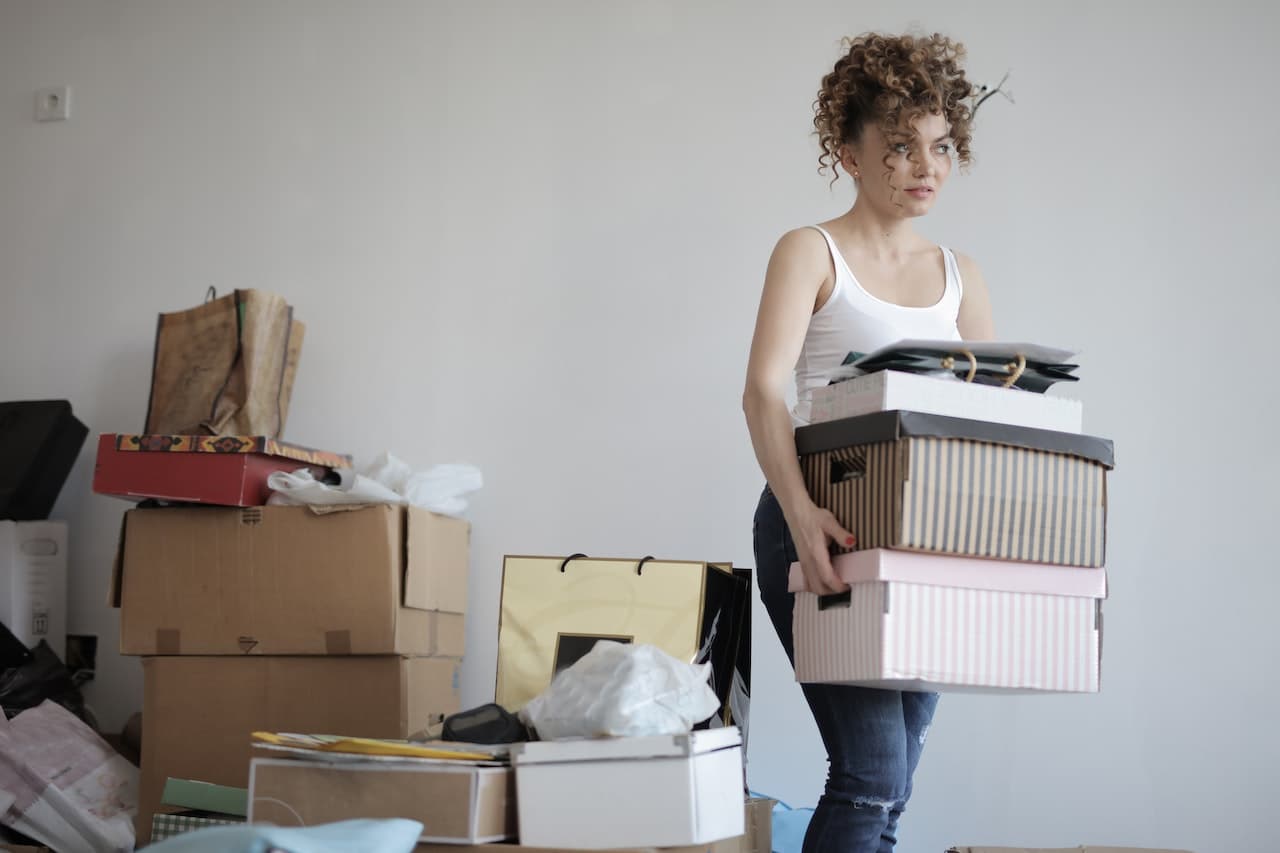
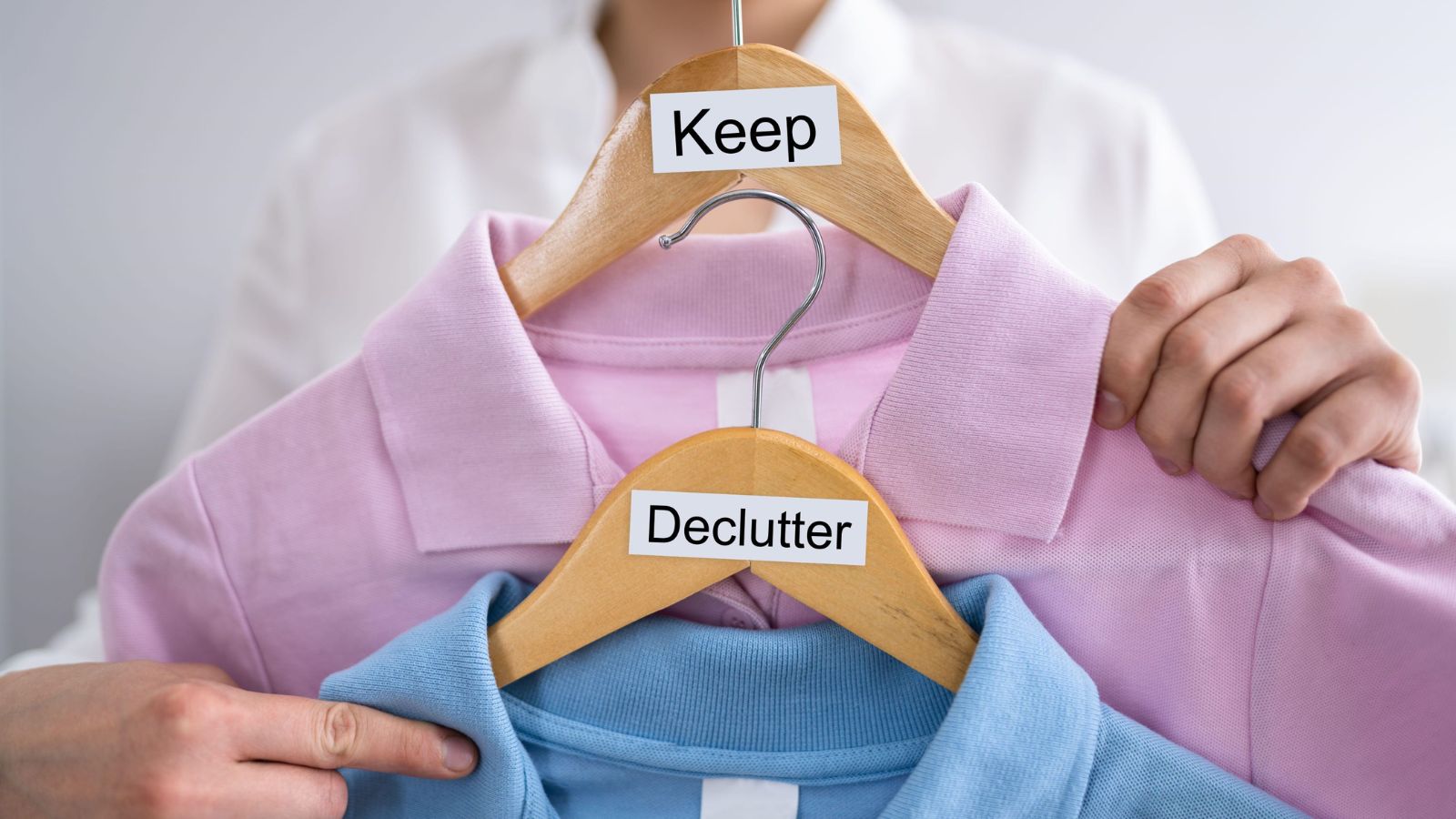

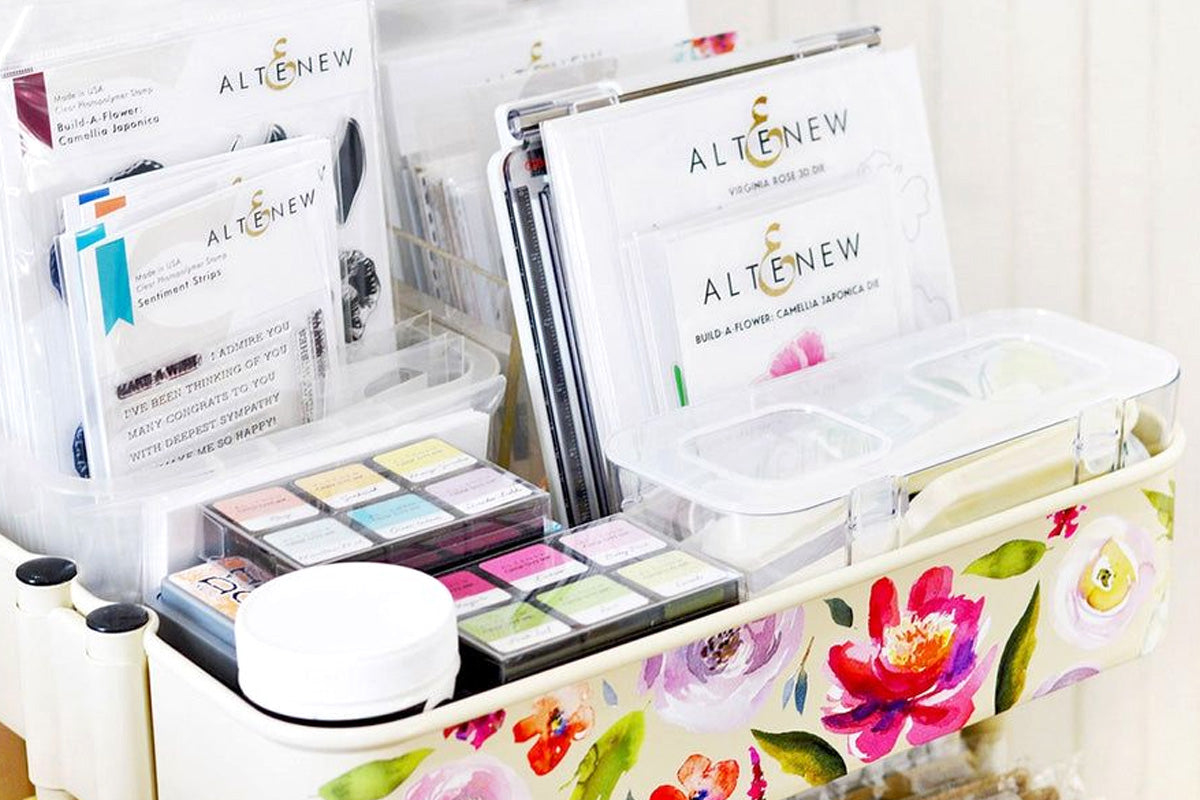

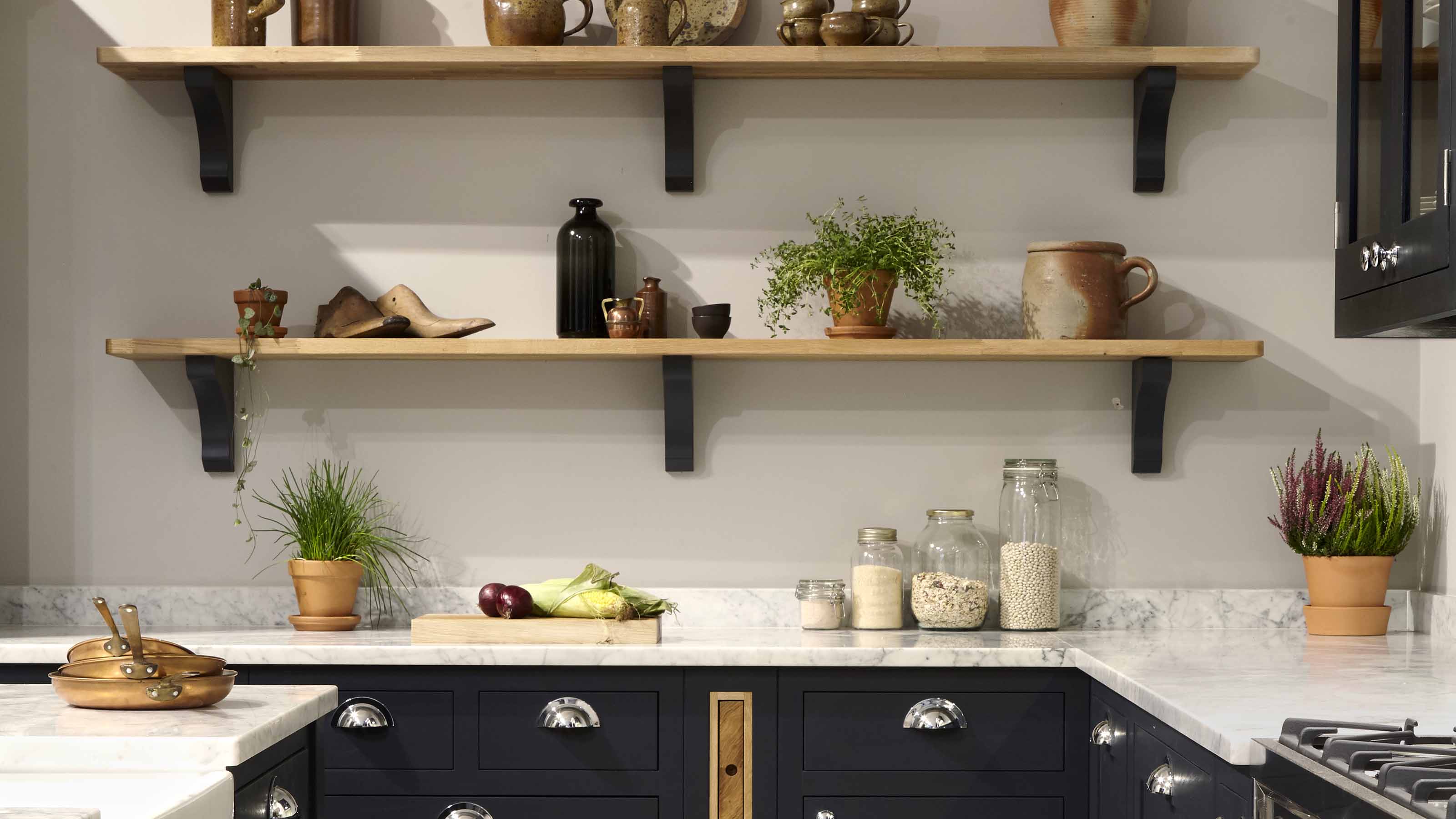

0 thoughts on “Why Declutter?”